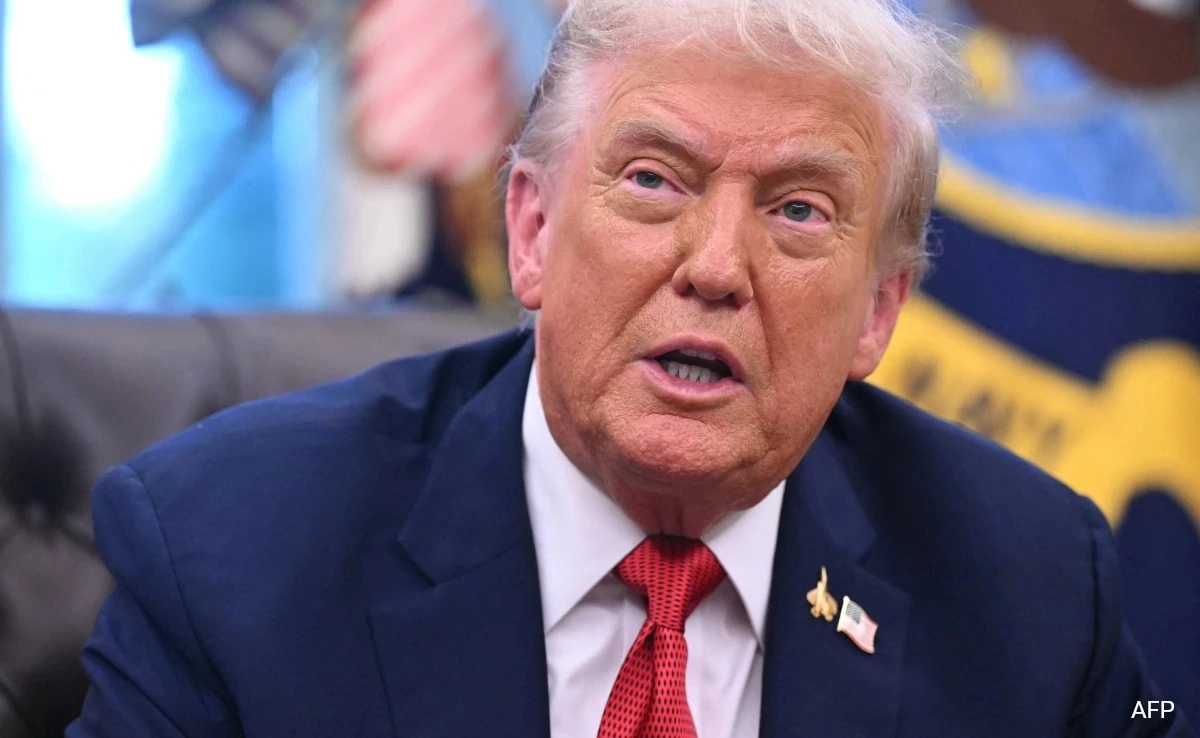In a recent statement, former President Donald Trump addressed the pardon of Sean “Diddy” Combs, underscoring a theme of justice and redemption. Trump emphasized the idea that if someone has been mistreated by the legal system, it is crucial to rectify those injustices. This sentiment resonates with many who believe that certain individuals in the public eye, like Combs, have faced undue scrutiny or harsh judgments based on their past actions. Trump’s remarks reflect a broader perspective on the need for compassion and understanding within the justice system, highlighting the importance of examining the circumstances surrounding each case.
The context of Trump’s comments stems from his ongoing discourse about criminal justice reform and the role of pardons in addressing past wrongs. By advocating for Combs, Trump positions himself as a champion of those who have been wronged, suggesting that the legal system can sometimes fail to provide fair treatment. This perspective aligns with a growing movement that seeks to reform punitive measures and promote rehabilitation over retribution. The conversation around Combs’ pardon also invites a discussion about celebrity culture and the different standards that may apply to public figures versus ordinary citizens.
Furthermore, Trump’s approach to this pardon highlights his willingness to engage with controversial figures, a tactic he has employed throughout his political career. By stepping into the debate surrounding Combs’ legal troubles, he not only captures media attention but also galvanizes his base, who may resonate with themes of fairness and second chances. This strategy serves to reinforce his image as a populist leader who stands against the establishment and advocates for those who feel marginalized or unjustly treated.
In conclusion, Trump’s remarks on Sean “Diddy” Combs’ pardon are emblematic of a larger dialogue about justice and equity in America. They raise essential questions about accountability, rehabilitation, and the role of pardons in correcting past injustices. As discussions around criminal justice reform continue to evolve, it remains to be seen how these conversations will shape future policies and societal attitudes toward forgiveness and redemption. Ultimately, the pardon not only impacts Combs but also reflects the ongoing struggle for fairness within the legal system, capturing the complexities of justice in a modern context.




